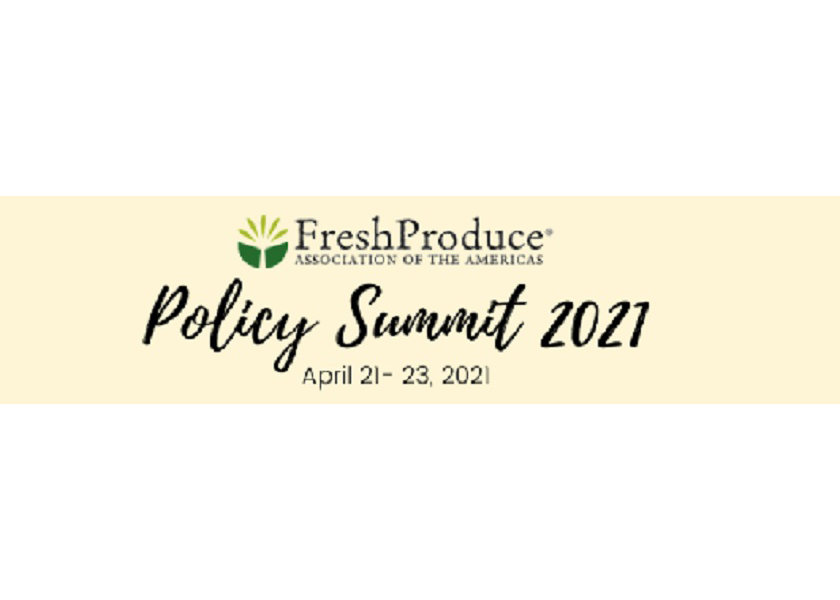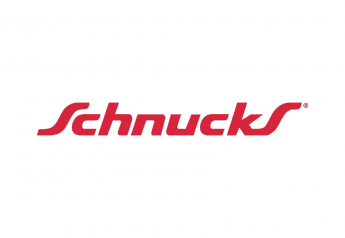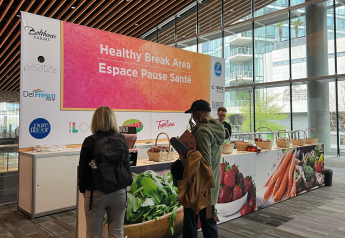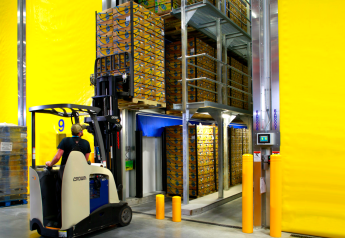Focus on sustainable themes at FPAA Spring Policy Summit

With Earth Day as a backdrop, an April 22 virtual education session at the Fresh Produce Association of the Americas Spring Policy Summit looked at sustainability issues in the transportation and farming sectors.
Moderated by FPAA president Lance Jungmeyer, the session included panelists Ricardo Crisantes from Amado, Ariz.-based Wholesum and current Fair Trade USA chairman; and Jim Mullen, chief administrative and legal officer at autonomous truck developer TuSimple, who is also former deputy chief for the Federal Motor Carrier Safety Administration.
Green times
Crisantes said 100% of Wholesum’s produce is certified organic, and the company also has been Fair Trade certified since 2013.
In the past seven years, he said the company sent back nearly $6 million to the communities where the produce has been grown, helping about 4,000 employees in the areas of health, education and housing.
Greenhouse technology allows tomato yields that can be as much as tenfold greater than open-field production, he said. About 44% of Wholesum’s energy comes from renewable sources, with ambitions to reach 100% renewable. Those energy sources include solar power and biomass such as sugarcane to produce energy.
Irrigation water is reused, allowing the company to grow a pound of tomatoes with just five gallons of water, compared with 21 gallons required for field-grown tomatoes.
The company also produces beneficial insects to control pests.
“We produced 338 million ladybugs last year that we released in different parts of our farms to control pests,” he said.
In all its efforts, Crisantes said Wholesum seeks to create win-win relationships with its stakeholders.
“Our purpose is to nourish a healthy world and if we’re going to do that, we’re going to need win-win relationships.”
Green miles
By saving fuel, Mullen said autonomous trucking will help the industry be greener.
With its headquarters in San Diego, TuSimple has been around since 2015 and has been focused on developing technology for autonomous trucks, he said.
The company has testing operations in Tucson, Ariz.; Fort Worth, Texas; and is engaged with autonomous truck testing in Sweden and in China.
In the U.S. and Sweden, the company is focused on long-haul trucking, while TuSimple’s work in China is looking solely at Shanghai port operations.
Ten percent of U.S. highways handle about 80% of goods, and TuSimple is focused on the South and Southwest corridor.
“There is a massive, accessible market that we think is ripe for autonomy,” he said.
The company is focused on the long-haul middle mile, not the final mile, he said.
In Arizona, the company is trusting autonomous trucks over surface streets, navigating traffic signals, turning left in front of unprotected left turns and merging onto the Interstate. The autonomous trucks go between Tucson and Phoenix and back daily.
The company is working side by side with Navistar to develop a purpose-built truck with a suite of sensor technologies, scheduled to roll out in 2024.
Several truckload carriers also have partnered with TuSimple, he said.
Benefits
Mullen said autonomous trucking has the chance to solve three of the strong headwinds that have been confronting the trucking industry.
The lack of driver capacity and hours-of-service restrictions have hurt the produce industry, he said. The American Trucking Association estimates the current driver shortage is about 60,000, with a prediction of perhaps 100,000 within two years.
The Federal Motor Carrier Safety Administration reported that 55,000 truck drivers have been taken out of the system because of testing positive for drugs or alcohol and Mullen said that issue may continue to be a problem.
“The driver shortage is real, and our solution will help solve that problem,” he said, noting that long-haul drivers are especially hard to find.
Autonomous trucking will also result in safer highways, he said, noting current U.S. statistics show 5,000 fatalities and 30,000 serious injuries every year due to crashes involving large trucks.
Ninety-five percent of those injuries and those crashes are caused by human error, and autonomous trucks would help reduce the number of accidents, he said. That, in turn, would cut insurance costs for trucking companies.
Autonomous trucks also are “greener” than manually driven trucks, Mullen said, pointing to a study by the University of California San Diego that shows a 10% improvement in miles per gallon of fuel used.
“We’re going to help the industry deal with their carbon footprint,” he said.
The technology used by TuSimple includes high-definition cameras, radar and LIDAR. TuSimple’s high-definition cameras can see 1,000 meters. The technology is not yet suitable for snow or icy conditions, so the company is focused on Southern states where snow is not common.
The regulatory landscape for autonomous trucking is open to the technology, he said.
“There is no prohibition from taking the driver out of the truck, which obviously is our endgame,” he said.
Right now, California does not allow for driver-out autonomous trucking, while Arizona, New Mexico and Texas do permit that.
Eventually, TuSimple would like to operate its autonomous truck technology coast to coast, along Interstate 10, from Florida to California.
With recent fundraising from investors, the company now has $1.5 billion on hand to perfect the autonomous truck, Mullen said.
“At the end of this year, we are going to do a human out pilot program in Arizona,” he said, noting that it will be a 110-mile depot-to-depot run.
Mullen said the technology will accelerate when autonomous trucks are manufactured with technology already built-in, rather than having the sensors added after the truck is already in service.







